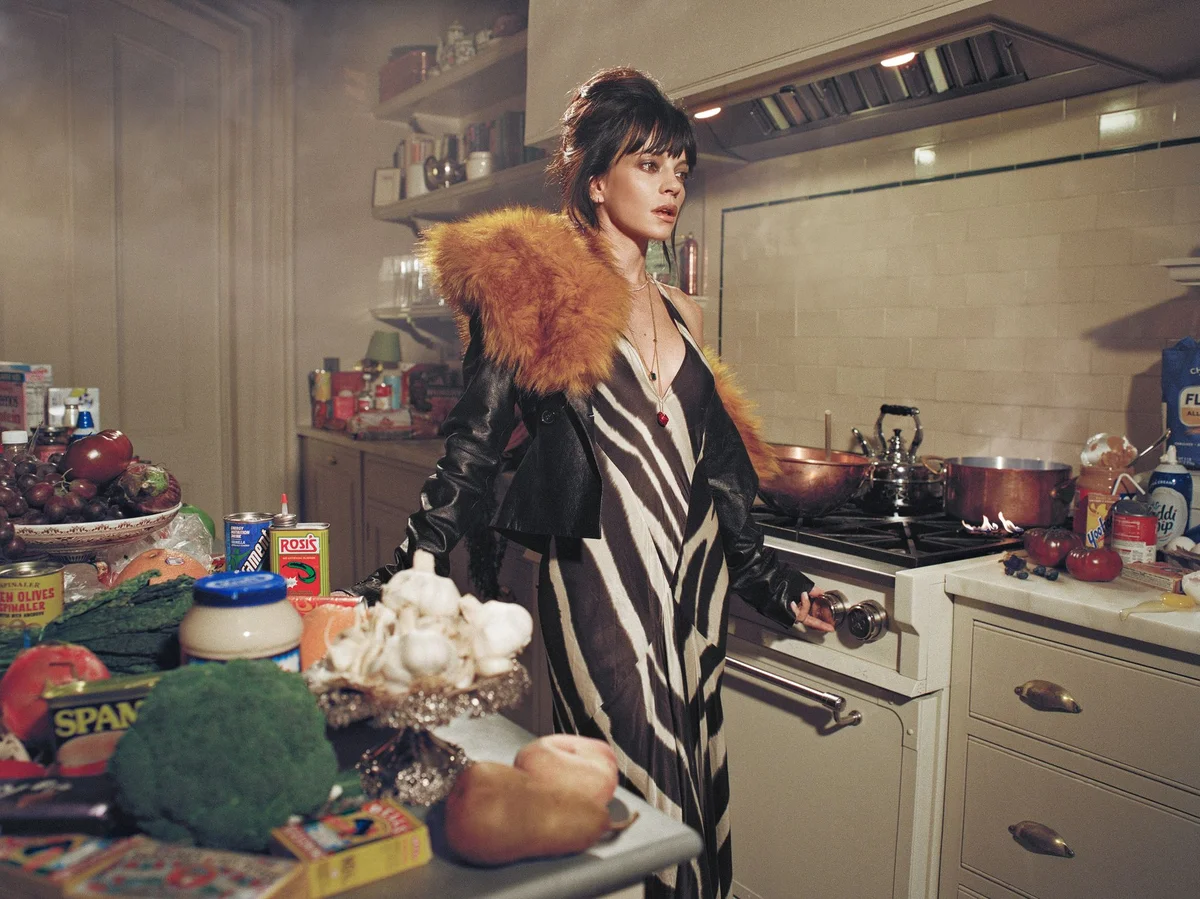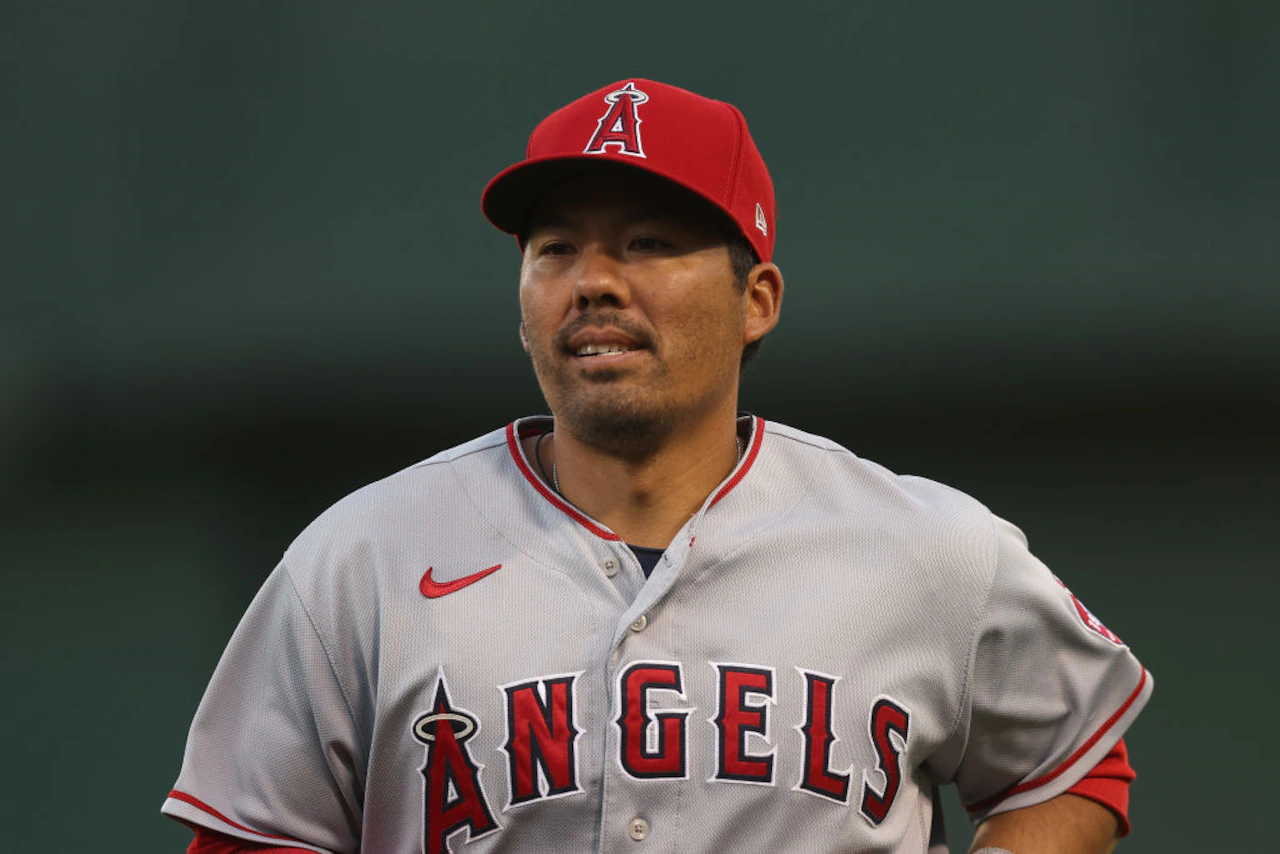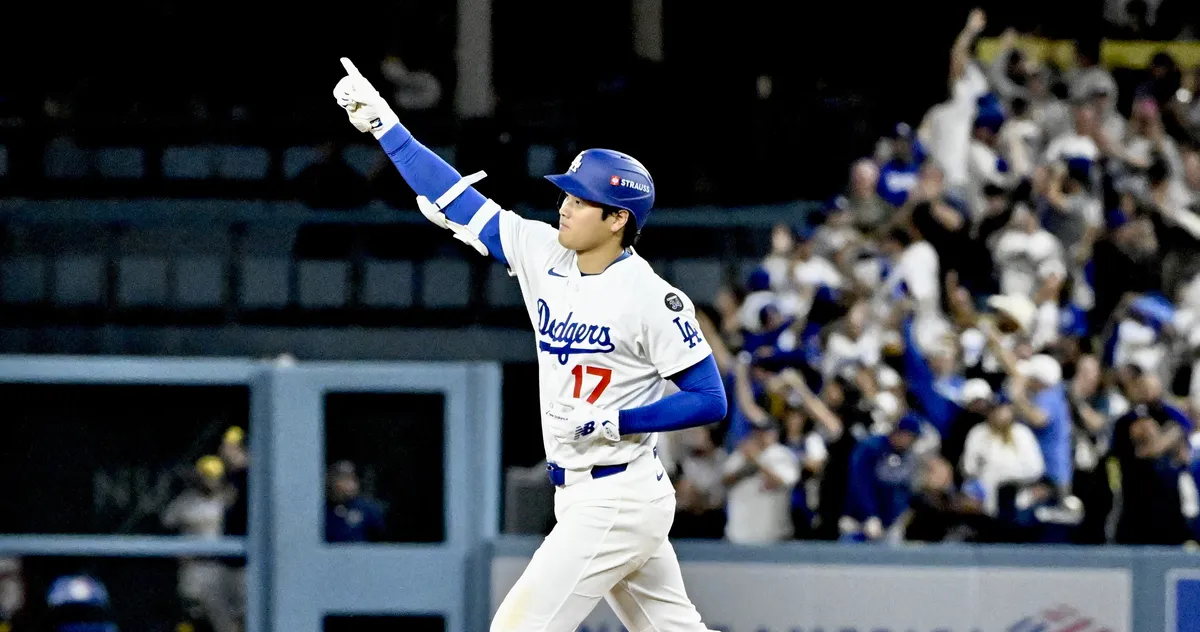Copyright independent

Lily Allen has made a career out of telling the truth, no matter how messy it sounds. She was 21 when she shot to fame as the pop star behind hit singles such as “Smile” and “LDN”, both of which narrated her exploits around buzzing London town with candid, wry humour. The songs were catchy, the lyrics delivered in an insouciant stream-of-consciousness style that made you feel like you were gossiping with her at the pub. Her debut album, 2006’s Alright Still, was packed full of that same candour: “Knock ‘Em Out” was an eye-rolling riposte to drunken louts trying it on with exasperated women at the bar, “Not Big” a withering kiss-off to a bad lover, “Alfie” a sisterly scolding to her younger brother. The 2008 follow-up, It’s Not Me, It’s You, might have been glossier, more pop, but it was still quintessentially Lily. Many of the same problems plagued her: bad sex (“Not Fair”), parental woes (“He Wasn’t There”), sibling rivalry (“Back to the Start”). But now Allen was a fully-fledged star contending with paparazzi, issues with substance abuse and body image, and tabloid heckling over what was deemed to be inappropriate behaviour from a young lady. Cue tracks like “Everyone’s At It”, about the hypocrisy of politicians and the media over anti-drugs messaging, and “The Fear”, a succinct assessment of fame and the vapidness of celebrity culture. Two decades since she first made a name for herself, Allen is now back with arguably her most honest album, West End Girl – her first in seven years – which listeners are no doubt already unpacking for sordid details about the unravelling of her marriage to Stranger Things star David Harbour. In interviews and press material, though, Allen has described it as part fact, part fiction: “It is inspired by what went on in the relationship,” she told Vogue. In short, we have no way of knowing what’s real and what’s invented. Reviews of the album so far have been fairly positive but mixed, which is to be expected: Allen is, critically speaking, a frequently undervalued artist. But West End Girl is a sharp, unsparing reminder of why she remains one of British pop’s most distinctive storytellers. As ever, Allen pairs heartbreaking content with breezy instrumentation; that juxtaposition brings her words into greater focus here. Take the album’s opener and title track, “West End Girl”, which plays out over a summer bossa nova rhythm. Our story begins in fairytale fashion, with Allen whisked off to New York to move into a lavish brownstone. Then comes the call: “Hey, you got the lead in a play, you’ve gotta be back in London for rehearsals in May.” Her partner is frosty, one might say gaslighting, which she finds strange. But now she’s in London, in a hotel room alone, “a West End girl”. That’s the dream, right? Only, the bossa nova beat comes to an abrupt halt as her phone rings, before returning in a more muffled, sinister fashion, as she fights back tears during what sounds like one in a long line of painful conversations. That’s just the first song. “Sleepwalking”, possibly the most heartrending of all, finds her in limbo as her partner simultaneously fails to acknowledge her misery and refuses to let her go. Again, the instrumentation here is what should be a romantic waltz, if only it didn’t serve as the backdrop to a marriage crumbling before our eyes. “I don’t know if you do it intentionally/ But somehow you make it my fault/ You don’t stop talking, and I’m just sleepwalking,” she sings sadly. The song darkens with furious, waspish synths: “And now you’ve made me your Madonna/ I wanna be your whore/ Baby it would be my honour/ Please sir, can I have some more?” In a pop landscape where female desire is shock-spectacle and designed to scandalise, even the biggest artists can struggle to articulate it in direct terms (think about the teeth-gritting line “his love was the key that opened my thighs" on Taylor Swift’s much-mocked "Wood”). Allen, by contrast, has never flinched. She dives into it, not to titillate but to truth-tell. Her country-fried 2008 bop “It’s Not Fair” attracted a wave of new female fans, many of whom will have been able to relate to her unsparing account of a great guy who, sadly, just can’t satisfy her needs. And when sex becomes weaponised, she’s ready and waiting, knives out. She sings about discovering her ex’s “Pussy Palace”, having felt rebuffed sexually herself only to now find a bag full of paraphernalia: “Hundreds of Trojans, you’re so f***ing broken/ How’d I get caught up in your double life?” It’s guts-ripped, blood-spilled stuff, a Hammer Horror of a song. Similarly, on “Beg For Me”, she reels off the kinds of demands we (women) are never supposed to vocalise: “I wanna feel held/ I wanna be told I’m special and I’m unusual/ I want your desire, I wanna be spoiled/ I wanna be told I’m beautiful.” Much of her power lies in her delivery as well as her lyrics. From her very first album, Allen was distinctive for that pretty, lilting falsetto, not the strongest among her peers, but just as effective. There’s something childlike about it, an innocence and hope that remains in spite of everything she’s endured, while also creating a blistering contrast with her subject of choice. Enveloped by the swooning strings of “Just Enough”, she asks with fragile sweetness: “Did you get someone pregnant? Someone who isn’t me?/ Did you take her to the clinic, did you hold her hand? Is she having your baby?” Accusations that Allen is “too outspoken” – and that this is a trait symptomatic of narcissistic or attention-seeking behaviour – started up again when she launched her hit BBC podcast, Miss Me?, with friend Miquita Oliver (Allen has since taken a break to focus on other projects). There was also her memoir, My Thoughts Exactly, containing chapters with frank titles like “Rock Bottom”, “Isolation”, “Assault”, “Going Mad” and “Breakdown”. Her accounts of getting “lost” in fame, her troubled relationship with her dad (the actor Keith Allen), being assaulted by music industry executives, suffering a miscarriage, being stalked relentlessly by a mentally unwell man are all written with the same matter-of-factness we hear in her music. For her part, Allen noted her ADHD diagnosis when she told The Times last year: “I’m not trying to be shocking or outspoken. I always get called outspoken… I think it’s the intersection of addiction and neurodivergency.” She added: “I think my moral compass is pretty good, so when I’m sharing intimate details about my life, I’m looking for people to connect or to resonate, or to validate the things that are going on in my head.” It will be interesting to see how the public responds to this album over the coming days. The world might still judge Allen for her candour, but when it comes to pop music, our biggest stars know who the OG is. Olivia Rodrigo brought her out at Glastonbury in 2022, giving fans an opportunity to see the lineage between Allen’s early work and the US singer’s own confessional pop-rock (think “jealousy, jealousy”, “brutal” and “enough for you”). Charli XCX’s “Girl, So Confusing” mirrored the way Allen often stays with a specific refrain (“I hate it here,” she croons on “Dallas Major”, about being back on dating apps post-split), then narrates her dilemma with sparse but specific detail. Charli, in particular, has mastered what Allen owned first: a kind of ironic detachment that makes any suggestion of their being “hysterical” much harder. As someone who grew up with Lily – first on MySpace and then as I navigated my own way around Noughties London as a teenager to the tune of her perky, bratty pop – it’s thrilling to hear the throwbacks to her earliest work, as though she’s re-discovering herself through the music. Her west London upbringing comes to the fore on “Nonmonogamummy” thanks to dub beats and a guest appearance from MC Specialist Moss. “Beg For Me” samples Lumidee’s 2003 R&B classic “Never Leave You”. On closer “Fruitloops” she namechecks her second album, the one that broke her as an international star, singing, “It’s not me, it’s you.” Weaving in those nods to her roots suggests she’s getting her feet back on solid ground. It’s the most “her” she’s sounded in a long time. Welcome back, Lily. We missed you.



